Students & Alumni
Our courses attract students from across all disciplines and programs, which contributes to creating a diverse discussion environment. Many of our students have maintained close ties to our program and often reflect back to the inclusive and collaborative nature of our courses.
Curious about the R3 program and what other students have taken away from the courses? Below are some testimonials from previous students who have taken R3 courses as part of their PhD, Masters, and undergraduate curricula. Hear firsthand from past students and get a better understanding of what you could learn from R3!
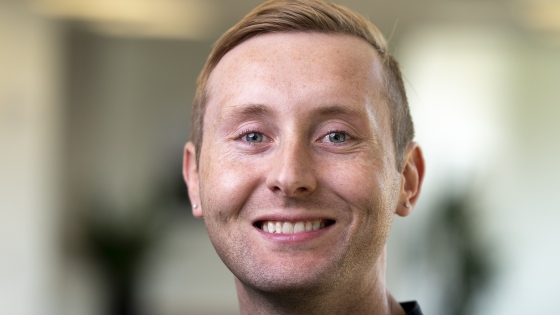
Connor Volpi
"The courses helped equip me with essential interdisciplinary skills on my pursuit to become an independent researcher. Further, they provided me with a profound appreciation for the philosophical principles that underpin several scientific practices, applicable to a variety of areas related to public health research and practice."
Tejashwini Alalamath
"The R3 program is one-of-a-kind! It imparts knowledge about the foundational philosophy of science and the intricacies of its practice. The discussions among our peers and faculty around the core principles instills a sense of belonging, responsibility, and accountability, along with the development of effective communication skills."
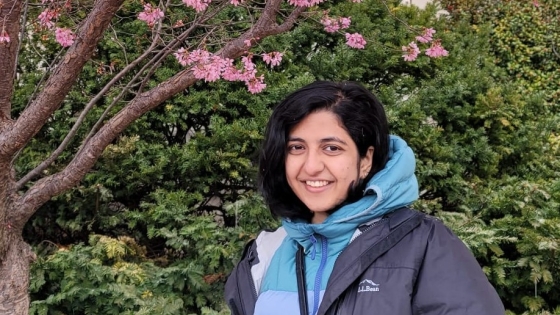
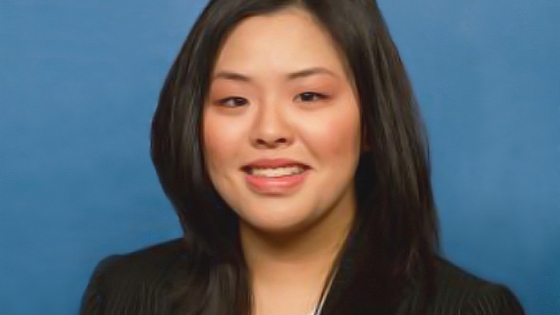
Elizabeth Lee
"Not only has the R3 curriculum highlighted principles of good scientific practice and research ethics, but the courses have also transformed the way I think and view my role as a responsible member of the larger scientific community. Additionally, the R3 courses have provided a much-needed platform for discussion of various important but underspoken topics relevant to scientists at the individual and societal levels. Overall, I am thankful for the beneficial insights and broadened knowledge that I have gained through the R3 courses, which have helped promote my development into a more well-rounded scientist."
Abimereki Muzaale
"Reflecting on the R3 courses, I found the integration of philosophical discourse and practical applications, such as Open Science, particularly impactful. The emphasis on ethical considerations in science communication and the exploration of different models, including Schramm's, were enlightening. These elements have broadened my perspective and significantly enhanced my collaborative approach to both research and teaching...For me, the course pushed me to establish a workflow that reduces the likelihood of deviating from the pursuit of truth, and my workflow invites my collaborators to share the same values."
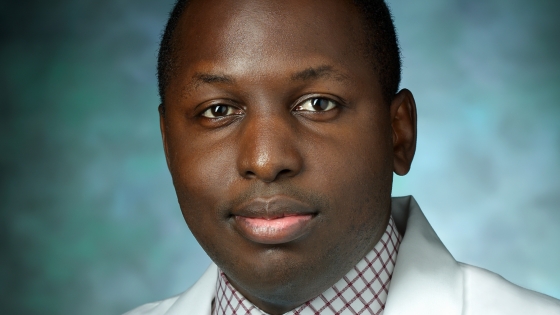
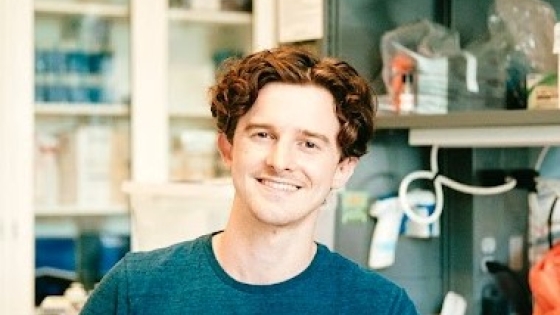
Nico Swanson
"While we tend to think of 'The Scientific Method' as an eternal and complete guide to arriving at knowledge, contemporary science is the product of generations of philosophy and debate. Our understanding and definition of good science is always being refined and improved. The R3 program teaches students to think critically about the tools in a scientist's toolbox, helping to produce a new generation of responsible and effective scientists."
Monica Mann
"After taking the R3 course at JHU, I never looked at a scientific article the same way...The concepts I learned in the R3 course couldn't have helped me better to dive into the different materials presented to me in a more critical way. I'd recommend this course to those pursuing a career in the science, research/clinical, and other human disciplines to properly emphasize core values and decision making."
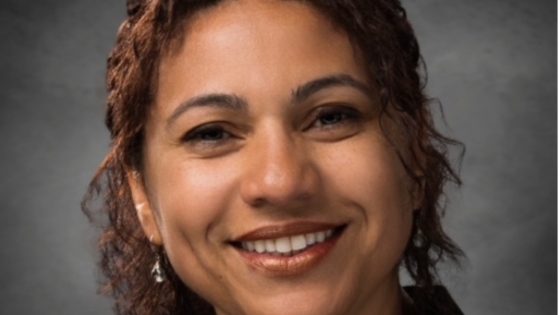
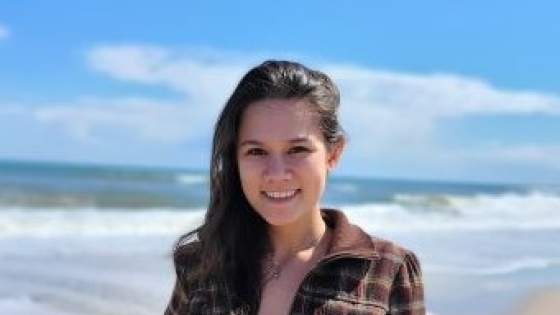
Emily Harper
"The Fundamentals of Quantitative Reasoning course provided me the opportunity to learn and practice quantitative skills through logical rationalization rather than focusing heavily on the statistical methods and complex coding that comprises biostatistics. In an online setting, the course instructors for FQR created a space for discussion and sharing of ideas to complete assignments. Through peer interactions, I was able to understand different rationales and the multiple approaches that my peers took to solve problems."
Isaac Owusu-Frimpong
"The course(s) offered insightful knowledge about the bedrock of novel scientific discoveries, and how serendipity played a role in these discoveries. I gained invaluable insights into how the implementation of rigor, responsibility, and reproducibility of research practices can help build the research integrity of scientists. I believe the structural and policy reforms including open science, mentorship, training, supervision, and provision of desired resources will help reduce the level of research misconduct and build formidable next-generation scientists."
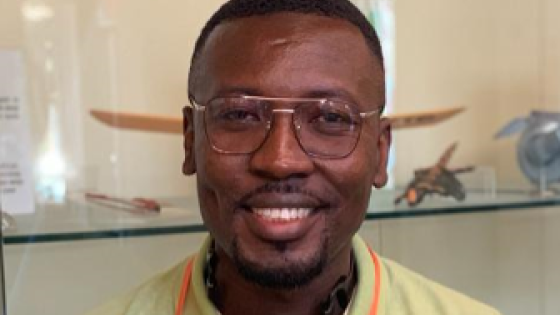
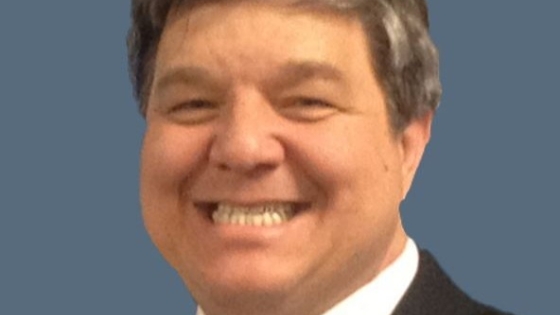
Victor Bagwell
"Taking these courses was one of the best decisions I've made for my personal and professional growth. The curriculum was thoughtfully designed to provide a comprehensive overview while also delving into fascinating specifics. I finished the course feeling inspired, confident, and eager to continue exploring the subject further...The hands-on projects and interactive discussions deepened my learning experience far beyond what I expected. Not only did I gain valuable insights, but I also formed lasting connections with fellow students that continue to enrich my professional network."
Our alumni and graduates are leaders in the public health and biomedical workforce. They are:
Open-minded, broad-thinking, and self-directed practitioners, communicators, and educators
Skilled in scientific reasoning and methodology across disciplines
Creative in complex problem solving
Versed in critical reflection on a wide range of science topics
Role models in academia, industry, community outreach, scientific public service, health policy, government and non-government organizations, science communication, and public heath practice
Outstanding mentors and change agents in their workplaces and communities, dedicated to good scientific practice
